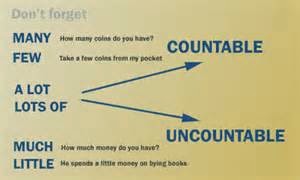Circle of Friends - Conversation - Intermediate

Discuss or debate the questions below. Remember to support your answers! Do you have more male friends or female friends? Do you rely on your friends? If yes, how do you rely on them? Do your friends rely on you? If yes, how do they rely on you? Have you ever had a friend who you later hated? If yes, what happened? Have you ever had an enemy or someone you disliked who later became your friend? If yes, what happened? Who is your best friend? Please describe him/her. How long have you know him/her? How did you meet your best friend? How often do you see your best friend? What do you usually do together? The people you usually hang out with is often called a "circle of friends." Please describe your circle of friends. What do you usually do with them? How has your circle of friends changed over the years? Please explain. How often do you make new friends? What is the difference between a friend and an acquaintance? Please explain. What terrible thing would



